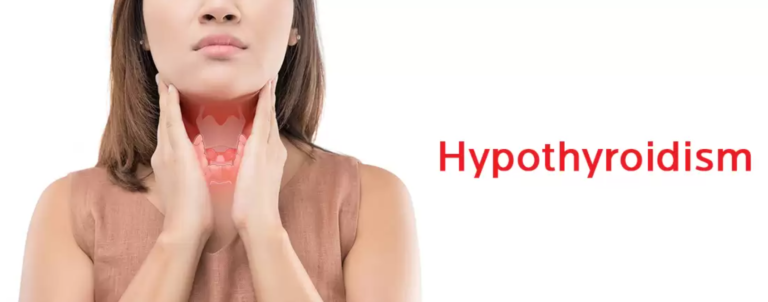[ad_1]
Hypothyroidism is a health condition that occurs when the thyroid gland does not produce enough thyroid hormones to regulate the body’s metabolism. This can lead to a variety of symptoms and complications if left untreated. Understanding the causes, symptoms, and treatment options for hypothyroidism is important for managing the condition effectively.
Causes of Hypothyroidism:
There are several factors that can contribute to the development of hypothyroidism. The most common cause is Hashimoto’s thyroiditis, an autoimmune disease where the body’s immune system attacks the thyroid gland. Other causes include certain medications, radiation therapy, thyroid surgery, and iodine deficiency. In some cases, hypothyroidism may also be genetic.
Symptoms of Hypothyroidism:
The symptoms of hypothyroidism can vary from person to person, but some common signs include fatigue, weight gain, constipation, dry skin, hair loss, and sensitivity to cold temperatures. Other symptoms may include muscle weakness, joint pain, depression, and memory problems. If left untreated, hypothyroidism can lead to more serious complications such as heart disease and infertility.
Treatment of Hypothyroidism:
The treatment for hypothyroidism typically involves hormone replacement therapy to supplement the body’s low levels of thyroid hormones. This usually involves taking a synthetic thyroid hormone called levothyroxine on a daily basis. Regular blood tests are used to monitor hormone levels and adjust the dosage as needed.
In addition to medication, lifestyle changes can also help manage the symptoms of hypothyroidism. Eating a healthy diet rich in nutrients and avoiding processed foods can support thyroid function. Regular exercise can also help boost metabolism and improve overall health. Managing stress levels and getting enough sleep are important factors in maintaining thyroid health.
It’s important to work closely with a healthcare provider to develop a treatment plan that is tailored to your individual needs. Regular check-ups and monitoring of hormone levels are essential for managing hypothyroidism effectively.
In conclusion, understanding the causes, symptoms, and treatment options for hypothyroidism is crucial for maintaining optimal health and well-being. By working with a healthcare provider and making lifestyle changes, individuals with hypothyroidism can effectively manage their condition and lead a healthy, active life. So, if you suspect that you may have hypothyroidism, it’s important to seek medical help and get the necessary tests and treatment as soon as possible.
[ad_2]

